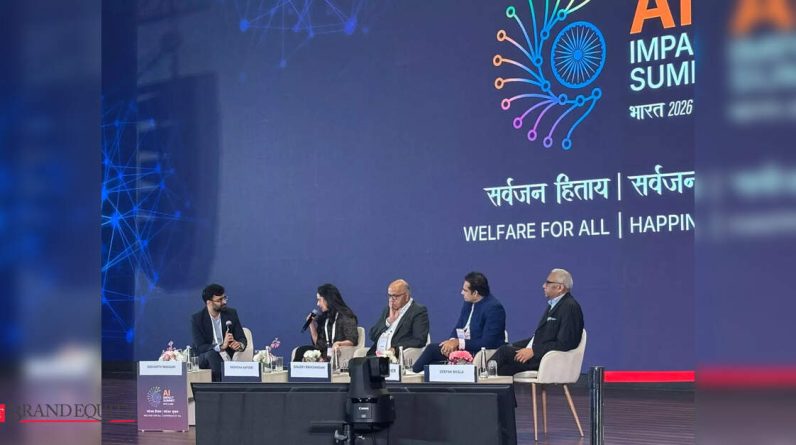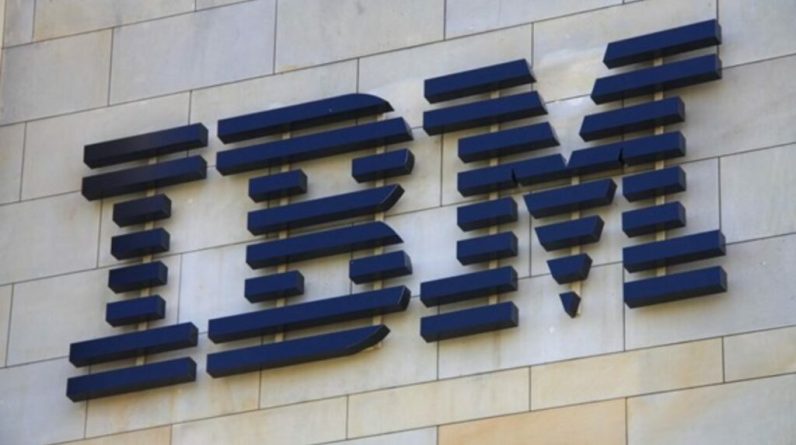
Photo by Tima Miroshnichenko
A survey commissioned by UiPath found that 60% of workers in Singapore are using generative AI (Gen AI) at work, the highest usage rate globally alongside Hong Kong.
Against the backdrop of increasingly challenging economic conditions, particularly as Singapore’s growth recovery remains uncertain, Singaporean workers are facing the brunt of increasing workload. To this end, almost a third (30%) of employees in Singapore indicated feeling extremely or very burnt out, which is higher compared to 2023 (26%).
To reduce burnout and improve engagement in the workplace, Singaporean workers want reduced workload (62%), more time and bandwidth to get tasks done (46%), and access to AI and automation, including Gen AI tools (43%).
Similarly, Gen AI is also seen as a potential solution to combat burnout by giving employees time back in their day. 62% of Singaporean workers who use Gen AI at work believe it has saved them time on work-related tasks, with more than two in five (42%) workers saving 10 or more hours. As a result, they are able to spend more time on creative tasks (53%), and with their family (49%), as well as end their work day earlier (45%).
While the majority of Singaporean workers (65%) are not using Gen AI and business automation together, those who are have seen greater productivity gains. By utilizing both technologies, one in two (50%) Singaporean workers have seen greater productivity and the ability to get tasks done faster, while close to half (46%) have seen an improved work life balance.
“To realize Singapore’s ambition to become a global AI hub through the National AI Strategy 2.0, wide adoption of technologies like Gen AI and business automation will be critical to sustain its competitive advantage in a digital economy. For businesses that haven’t been able to turn AI potential into results, automation is a crucial piece of the puzzle that makes AI actionable,” said Jess O’Reilly, Area Vice President, Asia at UiPath.
The survey of 1,133 full-time Singaporean workers also found:
- Singaporean workers generally trust Gen AI tools to drive greater business value: 58% of workers believe Gen AI tools have the context needed from their business′s own data to support business processes and drive value.
- There are still concerns about the shortcomings and risks of using Gen AI:
- Workers are most concerned about the following when using Gen AI: Security risks (38%); inaccurate output (34%); and compliance risks (31%).
- However, Singaporean workers generally have greater trust (66%) in AI output compared to their global counterparts (48%).
- At the same time, employees are also experiencing a lack of direction around company policy on the use of Gen AI tools, with 42% of them indicating that their company has not offered any training or guidelines on how to use Gen AI.
- Singaporean Millennial and Gen Z workers are more likely to use Gen AI tools at work, and have seen greater time-saving benefits from implementing these tools compared to older generations
- 77% of Gen Z and 66% of Millennial respondents believe Gen AI has saved them time on work-related tasks, compared to 50% of Gen X and 37% of Baby Boomer respondents
- Majority of Singaporean workers across generations are generally trusting of the output they get from Gen AI tools
- 78% of Gen Z, 68% of Millennial, 57% of Gen X and 60% of Baby Boomer respondents trust Gen AI outputs
- Gen AI tools have improved productivity by helping Singaporean workers with work tasks, mainly drafting communications (44%), summarizing long-form content (34%), and brainstorming (34%).
“The findings from our survey indicate that Singaporean workers who do utilize both technologies have seen greater productivity and an improved work life balance. To inculcate a more fulfilled workforce, initiatives to plug skill gaps, foster greater trust in AI, as well as strategic private-public partnerships will be key to help workers embrace digital transformation in the age of AI,” O’Reilly added.






